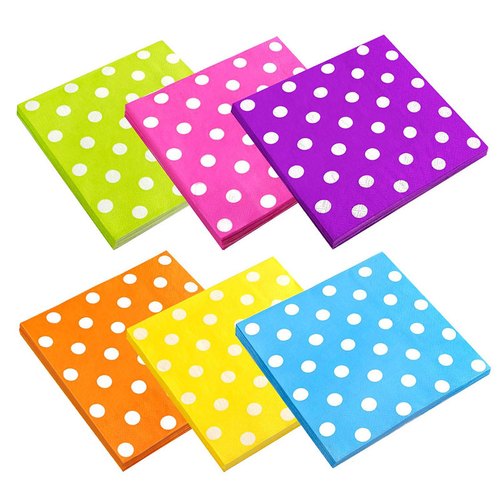Uncovering the Best Nigerian Napkin Suppliers – Moms Find Them!
Uncovering the Best Nigerian Napkin Suppliers – Moms Find Them!
Nigeria is the most populated country in Africa, and with all the cultural diversity that comes with such a huge population, it’s no wonder that everyone has their own unique traditions. Many of these traditions revolve around everyday activities like eating—specifically the types of food that are acceptable and those that are not. In Nigeria, it is considered taboo for women to use napkins when they have their period. Only men can use them because they are seen as more “dirty” than women. However, this doesn’t mean that Nigerian women aren’t using something when they have their period; they just use different methods than what Westerners might be used to.
What Are the Traditions in Nigeria?
As you have read, one of Nigeria’s menstrual traditions is that men can use napkins, but women can’t. In addition to this, some other traditions that are practiced include: In some areas of Nigeria, people believe that women’s periods are contagious and that they can “infect” men with their blood. There are some tribes that believe women should sleep away from the rest of the family while they have their period because they are “dirty”. Some tribes believe that a woman’s first period is the result of a curse, and that the blood that comes out of her is actually poison. In some areas, young girls have their first period away from home in the middle of nowhere because they are seen as a “dirty” or “evil” child after they first start menstruating.
Stigma of Women’s Periods
As anyone who has ever had their period knows, periods are not something that anyone really wants to talk about. Most people try to avoid the topic like the plague, so the fact that Nigerians shun women who have their period is really a taboo topic. The thought behind this taboo is that a woman’s period is “dirty” and that it is bad luck to be around someone when they are menstruating. In most cultures, women are expected to hide their period product and be as discreet about their blood flow as possible. In Nigeria, it is taboo for women to have their period in public, let alone actually use a product like a napkin when they have their period. It is considered more “okay” for men to have their period in public and be seen with blood on their pants than it is for women.
Types of Menstrual Products Used in Nigeria
There are many types of traditional products used to absorb blood flow during menstruation in Nigeria. Some of these products are more common in certain areas of the country than others. Women typically use small pieces of fabric that are folded up and placed inside their underwear. These fabrics are usually made out of cotton or a type of bark. In some areas, women use a type of grass that is found in the savannah region of the country. A type of fabric napkin that has been around in Nigeria for centuries is called the “tampon belt”. It is exactly what it sounds like—a belt that is used to wrap a type of fabric napkin around the body like a bandage.
Where Can You Buy Nigerian Napkins?
If you are looking to buy Nigerian napkins, there are actually a few different places where you can purchase them from. Nigerian companies that make and sell these napkins are common, but you have to be careful because some of them are scams. If you are wondering where to buy Nigerian napkins, you can try searching for a local business that produces them. Some of these businesses have websites that are available in the English language for international sales. Another option is to shop for Nigerian napkins on Amazon. Amazon has a wide selection of these napkins, both new and used. You can search for them by brand, condition, and price.
What Are Possible Future Trends for Nigerian Napkins?
As the world becomes more and more aware of the importance of clean water, there could be a rise in people using cotton and bark cloths to clean themselves during their period. This method of cleaning is far less expensive and much more eco-friendly than using a disposable, modern product. As more people become familiar with the Nigerian tradition of using a cloth napkin, there could be a rise in sales of Nigerian napkins. Because they are made from recycled materials, they are also much more eco-friendly than disposable products. If you are looking for an alternative to regular tampons, Nigerian napkins may be a good option for you. They are an eco-friendly product, and they can be purchased for a cheaper price than many modern menstrual products. If you are interested in these napkins, be sure to check out the different varieties available, and choose the one that works best for your needs.
Summary
Menstrual traditions are often steeped in cultural beliefs, and this is especially true in the Nigerian culture. For example, the taboo of women’s periods means that women can’t use napkins, but men can. There are other varieties of products that women use, such as cotton and bark cloths. If you are interested in these napkins, be sure to check out the different varieties available, and choose the one that works best for your needs. As the world becomes more aware of the importance of clean water, there could be a rise in people using cotton and bark cloths to clean themselves during their period.








LEAVE A COMMENT
You must be logged in to post a comment.